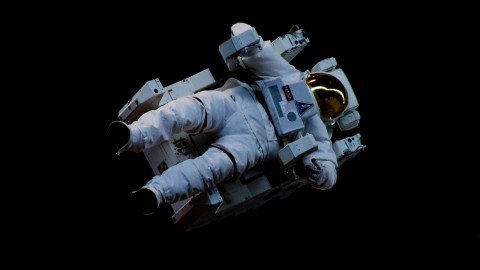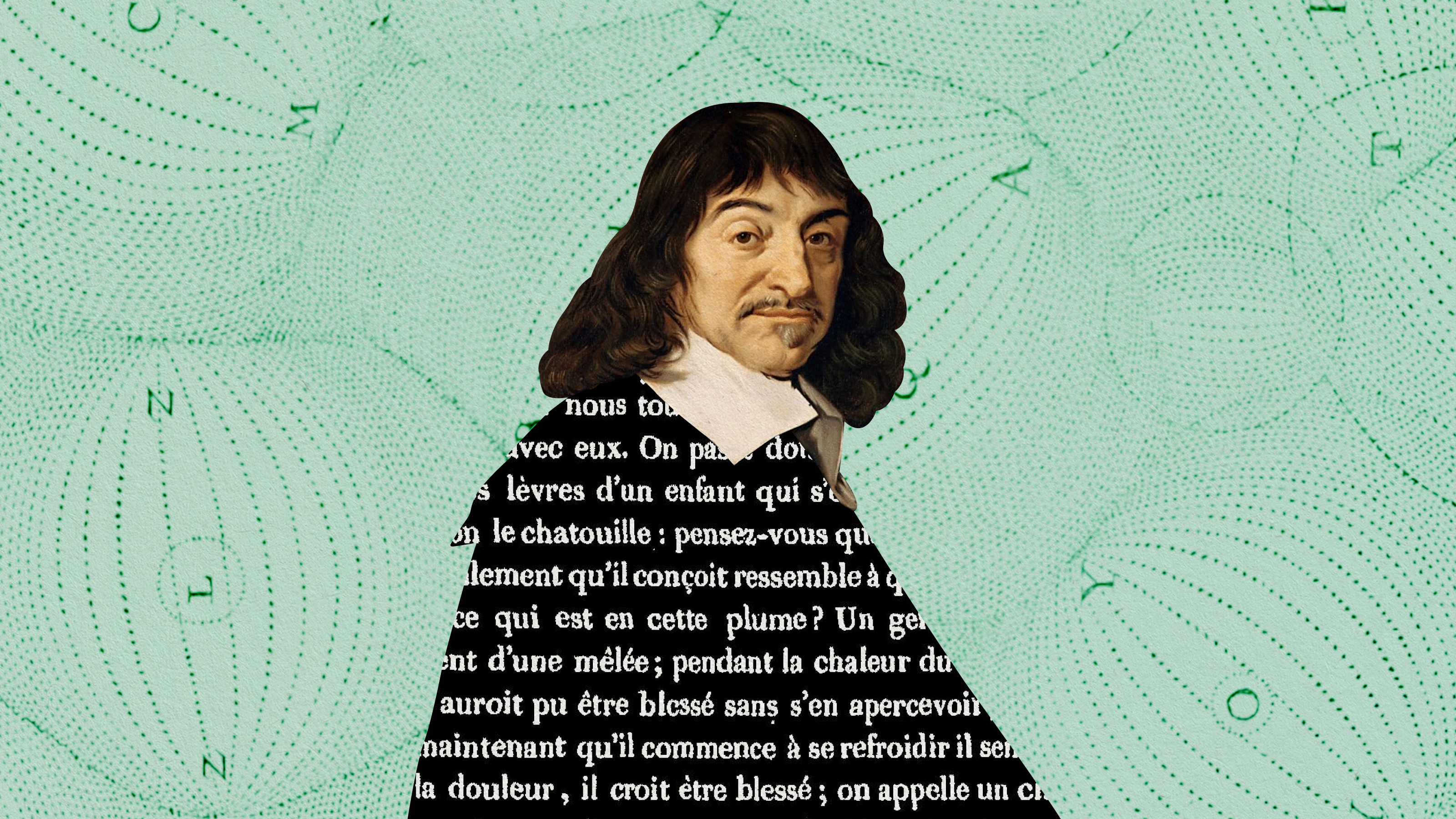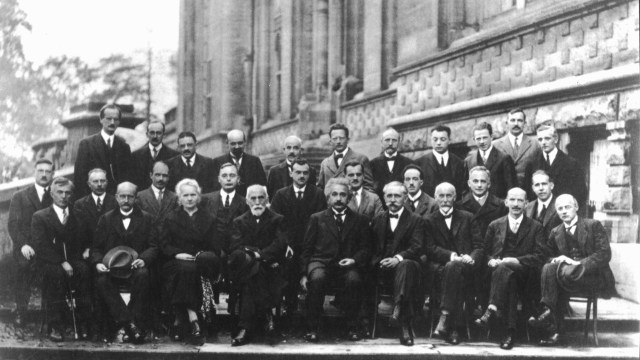Earth alienation: Hannah Arendt on outer space

Photo by Niketh Vellanki on Unsplash
On Wednesday 30th May, billionaire Elon Musk’s SpaceX company launched its first human passengers into orbit from Florida’s Kennedy Space Center, opening a door to the commercialization of space.
With the National Aeronautics and Space Administration astronauts Bob Behnken and Doug Hurley, and the SpaceX-manufactured manned orbital rocket, this was the first time that a private firm had carried humans into space orbit. For Musk, it was “a dream come true”, as he took a small step towards his ultimate goal: the colonization of Mars. But he is not alone, soon the billionaires Jeff Bezos and Richard Branson will follow suit with their respective commercial space exploration companies, Blue Origin and Virgin Orbit.
When the erstwhile USSR launched Sputnik into space in 1957, it was the first time that “an earth-born object made by man was launched into the universe.” Those were the times of the Cold War and the ‘space race’, with both the Soviet Union and the United States seeking to gain a technological edge over each other. This space expansionist ideology initiated by the two great powers of the era marked the beginning of what Hannah Arendt called “earth alienation”.
In 1963, soon after the first human expeditions to space and amid NASA’s plans to launch the Apollo 11 lunar mission, Hannah Arendt participated in the contest “Symposium on Space”, organized by The Great Ideas Today. She was asked whether “Man’s conquest of space increased or diminished his stature?” “The Conquest of Space and the Stature of Man” was the essay that she published as a consequence of that contest. It was later included in the second edition of her book Between Past and Future (1961). The essay stemmed from and resonated with the prologue and the latter part of her book The Human Condition (1958). In both of these works, she writes of how science had transformed what it meant to be a human in the modern world. Arendt believed that technology was moving us away from communal participation in society; that it was uprooting the masses as it advanced individualism and execrated interdependence, pushing more and more people into the dungeon of loneliness. Ultimately, in her eyes, science was creating a type of human being who finds satisfaction merely in labour and consumption.
The essay thus begins with the question of whether man’s conquest of space had increased or diminished his stature. The seemingly obvious answer would be that it had increased his stature, but Arendt did not subscribe to this popular notion. To her, if we went to space and began to control the heavens in the sky and the humans on the Earth, then we would simply become another entity; from “subjects” of the Earth we would become “objects” of the Earth, and cease to be the great, dignified human beings we are now. If we began to understand ourselves not as human beings on Earth but cosmically, we would get smaller.
Arendt believed that science is antithetical to anthropocentrism and humanism, and that it has taken us away from earthly, sensible reason. As she writes in her essay: “It has been the glory of modern science that it has been able to emancipate itself completely from all such humanistic concerns.” What we learn from science is a truth that is not apparent in the world of sensory experience and “only by renouncing the explanation of life in the ordinary science” do we get to learn the scientific truth. It teaches us to deeply question our ability to have a common-sense view of the world, in which we can trust our senses.
Arendt was deeply frustrated by the idea of human departure from Earth into space. In The Human Condition (1958), she writes: “At the same time, we have begun to populate the space surrounding the earth with man-made stars, creating as it were, in the form of satellites, new heavenly bodies, and we hope that in a not very distant future we shall be able to perform what times before us regarded as the greatest, the deepest, and holiest secret of nature, to create or re-create the miracle of life. I use the word ‘create’ deliberately, to indicate that we are actually doing what all ages before ours thought to be the exclusive prerogative of divine action.” Here, she sought to convey that the science used by men to change or manipulate our understanding and improve our world had now reached a breaking point in which universal sciences were remaking our world as artificial on the principles of not only physics but also political and anthropological sciences, which were designed to create a man-made world instead of one created by God.
The human condition
Arendt called the Sputnik launch the most important event of the modern era, because it represented the ability of mankind to leave and flee the Earth. This desire to flee the Earth has been central to the human condition for millennia: “The most radical change in the human condition we can imagine would be an emigration of men from the earth to some other planet. Such an event, no longer totally impossible, would imply that man would have to live under man-made conditions, radically different from those the earth offers him.”
At the core of her argument, Arendt suggests that “the earth is the very quintessence of the human condition”. If we, humans, were to be uprooted from Earth, it would create an alienation from that same Earth, having its roots in the development of science and technology. The advancement of science into outer space exploration would transform life itself, which was not artificial and yet, for some time now, we had been trying to make artificial. “Great many scientific endeavours have been directed toward making life also ‘artificial’ toward cutting the last tie through which even man belongs among the children of nature.”
Due to this, man “seems to be possessed by a rebellion against human existence” in wanting to remake everything that is not “good enough”. Arendt writes that humanity has a “desire to become immortal”, to live longer and faster in a way that would surpass biological processes; from a contemporary perspective, what we might understand as digitizing our bodies. The ultimate goal of this is to find another planet and settle there. But she continues that even if humans migrate from Earth to any other planet, it would still be an artificial one because it would be completely designed and created by humans. There would be no idea of “fate” because humans would be able to control everything. In that way, they would destroy natural processes, and be able to avert every natural thing they disliked. For Arendt, the artificial is not only something that is created by man, but something that is in man’s control rather than God’s. In living in such an artificial environment, humans would be treated as “objects”, having less humanity and distinction; abandoning our earthliness. Arendt terms this the “loss of stature of man”.
Finding the Archimedean point
Archimedes once said that if he had a lever long enough and a fulcrum on which to place it, he would shift the Earth from its position. In The Human Condition, Arendt quotes Kafka: “[Man] found the Archimedean point, but he used it against himself; it seems that he was permitted to find it only under this condition.” Science may well have found such a point for us – a point from which we could think ourselves off the Earth to such an extent that we could look at the Earth not as our home but as some mechanical object; such that we could look at it from above by separating ourselves from it and making ourselves not those who are fated to live on Earth, but those who can create a new Earth.
Arendt further explains this in her essay “The Conquest of Space and the Stature of Man” (1961): “The human brain which supposedly does our thinking is as terrestrial, earthbound, as any other part of the human body. It was precisely by abstracting from these terrestrial conditions, by appealing to a power of imagination and abstraction which would, as it were, lift the human mind out of the gravitational field of the earth and look down upon her from some point in the universe.”
The human brain is indeed earthly, yet science has allowed us to think from the Archimedean point. A point at which we could, in a sense, think from so far outside the Earth that we could remake it and see the Earth simply as something to be understood, not as a home but an “objective reality”. If we apply this Archimedean point to ourselves, then our activities appear as no more than overt behaviour and we begin to study ourselves “with the same methods we use to study the behavior of rats.”
Earth alienation
Arendt mentions that man has two competing parts. On the one hand, he is earthly, i.e. he is born into the world, and deals with fate and fortune, and with those things that are beyond his control. On the other hand, he is an artificer, one who can remake the world as he wills. This ability is the core of human freedom. We are not entirely free to make the world as we will, since it is natural, but we can in some sense make our world. In The Human Condition, Arendt queries what happens when we increasingly acquire the scientific and technological ability to remake not only parts of the world but the entire world; when we can create new planets, when we can clone, grow and design human beings who are made with human intent. What happens to human freedom in such a world?
Arendt answers that we face something called ‘Earth alienation’ – flight from the Earth to the universe. Its roots were crystallized when Galileo recorded the first astronomical observations using a telescope. As the weekly publication of the Hannah Arendt Center, Amor Mundi, explains in its editorial essay Human Being in an Inhuman Age: “Earth alienation is experienced when mankind succeeds in making all things on the earth (including the earth and mankind himself) subject to human mastery and control. When all human beings and human events can be made and remade by human invention, we humans will have fulfilled our rebellion against our fateful birth on this planet. In this sense, earth alienation challenges the quintessential human condition of being earthbound.”
The scientific revolution increased our knowledge by giving us information about things we didn’t have before. It taught us to distrust our senses and, in doing so, we started to think that universal science was more real than the things we encounter solely with our senses in our immediate world. We realized that we have never encountered reality and “instead of objective qualities, in other words, we find instruments, and instead of nature or the universe – in the words of Heisenberg – man encounters only himself.”
“Expansion is everything”
The second part of Arendt’s The Origins of Totalitarianism starts off with an epigraph by Cecil Rhodes, an English imperialist who exploited South African slaves and monopolized the diamond business in Africa. Arendt writes: “He had discovered the moving principle of the new imperialist era [that] expansion is everything.” Rhodes famously claimed that “I would annex the planets if I could.” As Rosa Luxemburg and others have suggested, imperialism is central to capitalism, because capitalists always need a downtrodden class as their subordinates whom they can oppress and exploit to keep capitalism growing – as Rhodes did in South Africa.
In his essay “The Case Against Mars”, Byron Williston, Associate Professor of Philosophy at Wilfrid Laurier University, Canada, writes: “The simple idea is that expansion is the next step in evolution and that we ought to push it forward.” Elon Musk and his fellow billionaires have their intellectual forefather in Cecil Rhodes. They are implementing a new wave of expansion where they do not have to conform to political or economic quandaries. Rhodes only talked about annexing the stars, but Elon Musk is actually realizing it. This new imperialism, which aims to colonize space and the planets, would monopolize its targets even before they are inhabited. Evidently, after having destroyed the Earth’s resources to the point where they will make the Earth uninhabitable, the rich will merely move to another planet, leaving the rest of us at the mercy of their destruction.
If this happens, it will be because the wealthy elite have masqueraded their commercial interests as technological advancement, thereby luring us into dreaming the unimaginable. While such cosmic fantasies are easy to indulge, it is worth heeding Arendt’s essay, so that we might avoid a situation of blind belief; where we “failed to think”.
Reprinted with permission of Przekrój. Read the original article.





